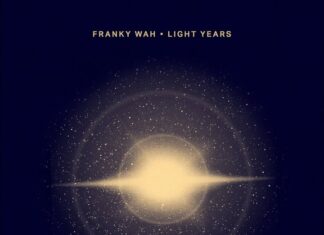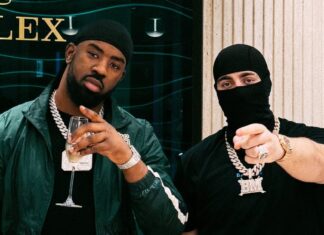
The Music NFT industry is still in its early days, with a lot of potential for growth. Non-fungible tokens, or NFTs, offer a way for music creators to monetize their work in a new and exciting way. NFTs can be used to represent anything from digital artwork to songs, and they offer a unique way for fans to show their support for their favorite artists.
There are a few different platforms that allow music creators to mint their own NFTs, and there are also a number of secondary markets where NFTs can be traded. The most well-known platform for minting music NFTs is probably Ujo Music, but there are also a number of other platforms that are worth checking out.
As the industry continues to grow, we can expect to see more and more use cases for music NFTs. We may see artists using NFTs to release new singles or albums, or we may see concert venues using NFTs to sell tickets. The possibilities are endless, and it will be exciting to see how the industry develops over the coming years.
Music NFTs: The Future of the Music Industry?
The music industry is in a constant state of flux, and the advent of blockchain technology and non-fungible tokens (NFTs) is set to change the landscape once again. NFTs offer a new way for artists to monetize their music, and they also have the potential to revolutionize the way the music industry operates.
There are a number of different platforms that are already using NFTs to sell music, and the list is only going to grow in the future. NFTs offer a number of benefits for both artists and fans, and it is only a matter of time before they become the norm in the music industry.
Some of the benefits of NFTs for artists include:
-They offer a new way to monetize music
-They are tamper-proof and cannot be counterfeited
-They can be sold multiple times
-They can be traded or sold on secondary markets
Some of the benefits of NFTs for fans include:
-They offer a new way to support their favorite artists
-They can own a piece of their favorite artist’s work
-They can trade or sell NFTs on secondary markets
There are a number of challenges that need to be addressed before NFTs can become the norm in the music industry, but the potential benefits are too great to ignore. NFTs have the potential to completely change the way the music industry operates, and they offer a bright future for both artists and fans alike.
What are Music NFTs?
Music NFTs are digital assets that can be used to represent ownership of a song, album, or other musical work. They can be bought, sold, or traded like other NFTs, and can be used to prove ownership of a digital file or track. Music NFTs can also be used to represent other things related to music, such as concert tickets or backstage passes.
How could Music NFTs change the music industry?
NFTs (Non-Fungible Tokens) are digital assets that are unique and cannot be interchanged. In the music industry, NFTs can be used to represent ownership of a song, album, or performance. They can also be used to represent a digital ticket to a concert or music festival. Music NFTs could change the music industry by providing a new way for artists to monetize their work and for fans to support their favorite artists. NFTs could also help reduce piracy and increase transparency in the music industry.
What are the benefits of Music NFTs?
Music NFTs are digital assets that can be used to represent a wide range of musical content and rights. They offer a number of benefits over traditional musical formats, including the ability to track ownership, royalty payments, and other important data. Music NFTs can also be used to create new revenue streams for artists and labels, as well as to offer fans new ways to interact with and support their favorite musicians.
Are there any drawbacks to Music NFTs?
There are a few potential drawbacks to Music NFTs. First, they could potentially lead to a greater centralization of the music industry, as the biggest artists and labels are likely to be the ones who can afford to mint and sell NFTs. This could make it harder for new artists to break into the industry. Additionally, NFTs could also lead to increased piracy, as people could simply copy and sell unauthorized NFTs. Finally, NFTs could also be subject to wild price fluctuations, which could make it difficult for artists to predict how much their NFTs will be worth in the future.
What does the future hold for Music NFTs?
The future of Music NFTs is very exciting. With the increasing popularity of NFTs, there are sure to be more and more uses for them in the music industry. One of the most exciting potential uses for Music NFTs is the ability to create truly unique and one-of-a-kind songs. This would allow artists to create songs that can only be heard by the owner of the NFT. This would create a whole new market for music and could potentially revolutionize the way we consume music. Another exciting possibility for Music NFTs is the ability to use them as a form of currency. This would allow musicians to be paid directly for their music, without having to go through a third-party. This would make it easier for independent musicians to make a living off of their music and would give them more control over their careers. The possibilities for Music NFTs are endless and the future is looking very bright for them.





















 🔥 Limited Time: Get 55% OFF All Plans - Ends in:
🔥 Limited Time: Get 55% OFF All Plans - Ends in: